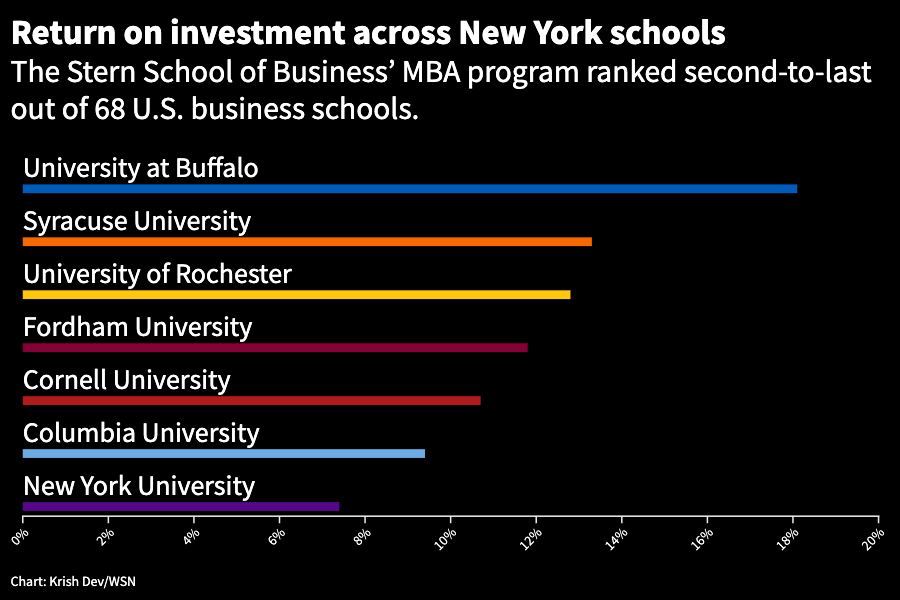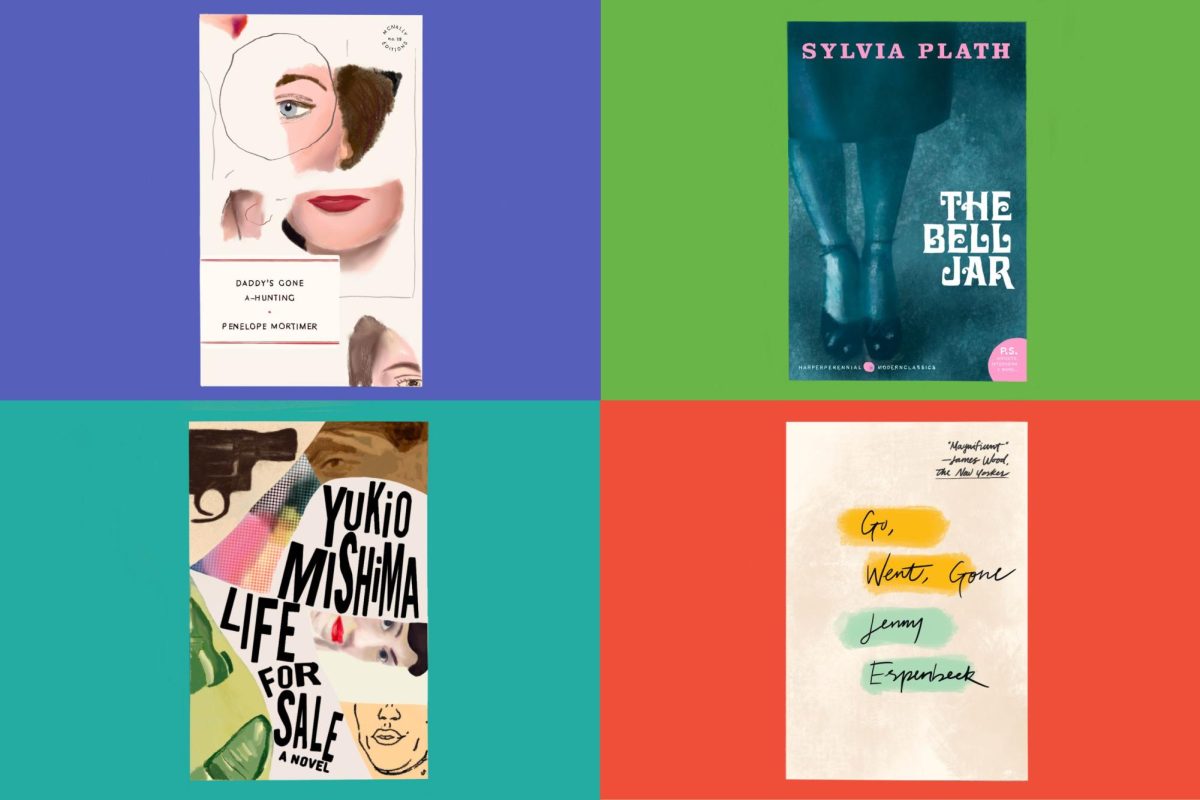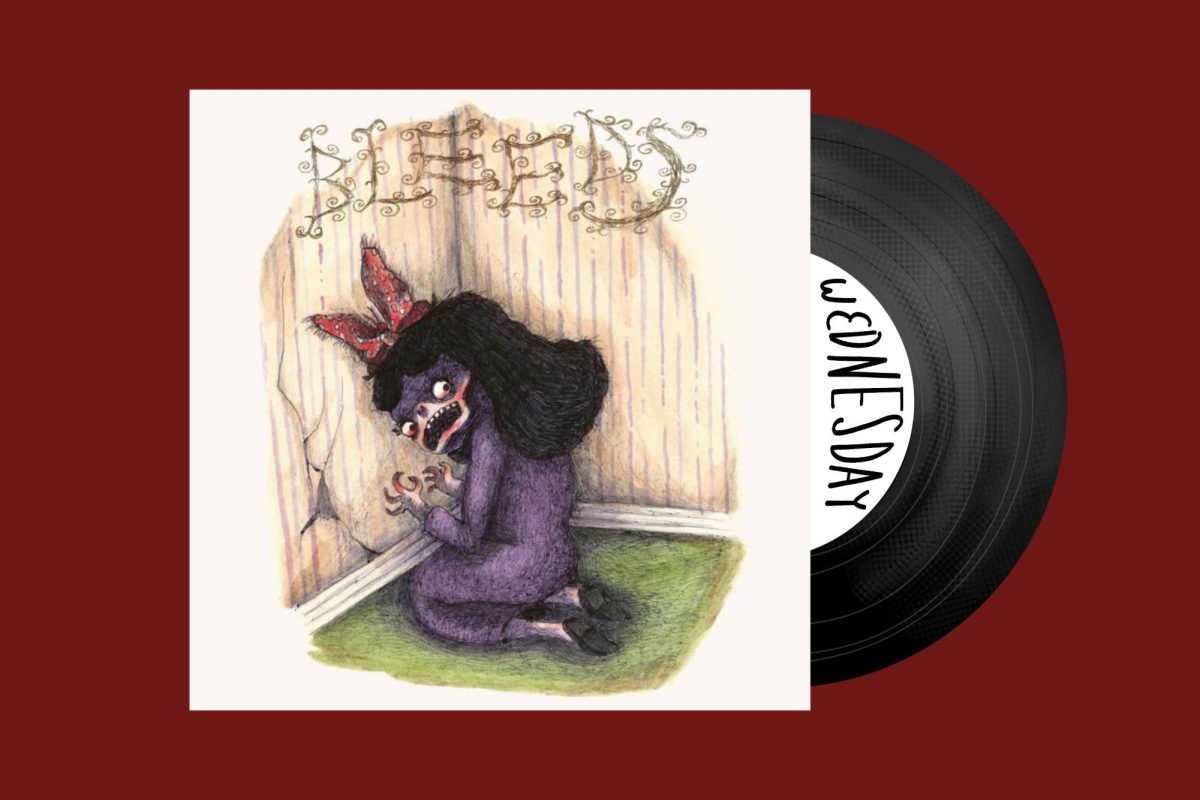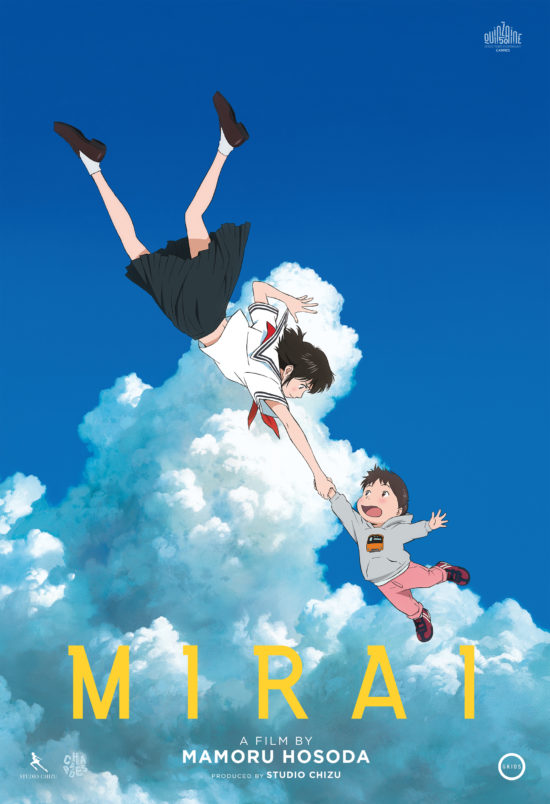Director Mamoru Hosoda, famous for “Wolf Children” and “The Girl Who Leapt Through Time,” carries on the theme of magical realism in his latest offering “Mirai,” a relaxing watch that places family above all else.
Kun is a rowdy but good-natured 5-year-old whose life is turned upside down when his parents bring home a baby girl, Mirai. Frustrated by the fact that his little sister snags all the parental love from him, Kun grows to resent his family. Befitting her name — which translates to future — a teenaged Mirai appears in the present to teach her older brother a lesson. Time and space made fluid, Kun meets many members of his family and comes to love and honor his family tree.
The film’s story doesn’t sound wholly original, but “Mirai” stands out is in its presentation. Every familial vignette is a unique story in and of itself. Each character is a joy to watch with their own idiosyncrasies and a consistent sense of lighthearted humor. Great comedy comes from the human form of Yukko, the family dog, who was there before Kun and resents him in the same way Kun resents his little sister.
“Mirai” lacks the animation chops of other big budget anime films from the likes of Studio Ghibli. The film remains appealing, however, with its stylization; “Mirai” blends 2D and 3D animation quite well, proving to be leagues ahead of TV anime and earlier films of the decade. I was particularly fascinated by the automaton at the busy Tokyo bullet train station. The monotone personification of a child’s fear of being lost is entirely computer-generated and very well stylized.
Kun grows to love his sister over the course of the film and learns to respect his well-intentioned parents as he comes to understand the wonders of family. Generations of individuals with their own personalities and ambitions are united by love. If any one thing had gone differently in his ancestors’ lives, he and his sister would never have been born. “Mirai” asks its audience to apply the meaning of the movie to their own lives. Rather than telling children to respect their elders, it invites them to discover that respect for themselves. Due to this, Kun becomes a more well-behaved and caring child by the end of the film.
“Mirai” is enjoyable for its heart and its humor. There are no high stakes, and that’s what I love about it.
Email Fareid El Gafy at [email protected].

























































































































































